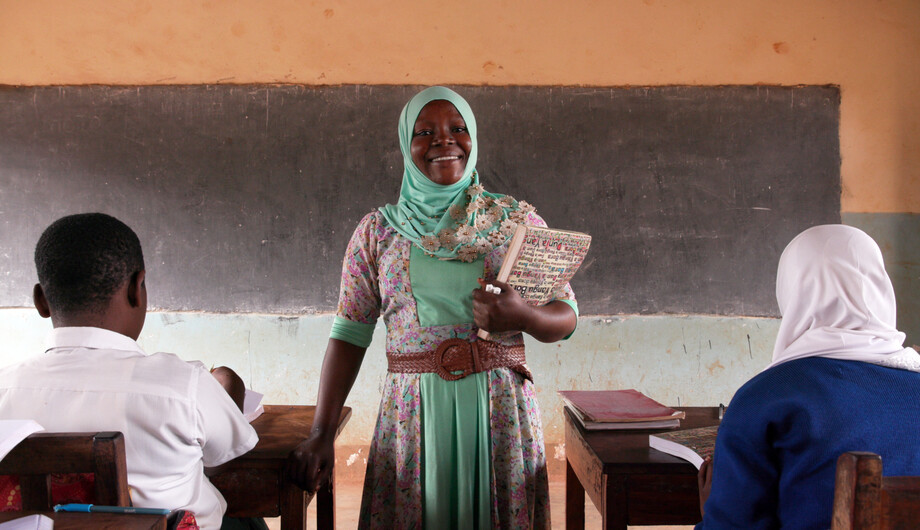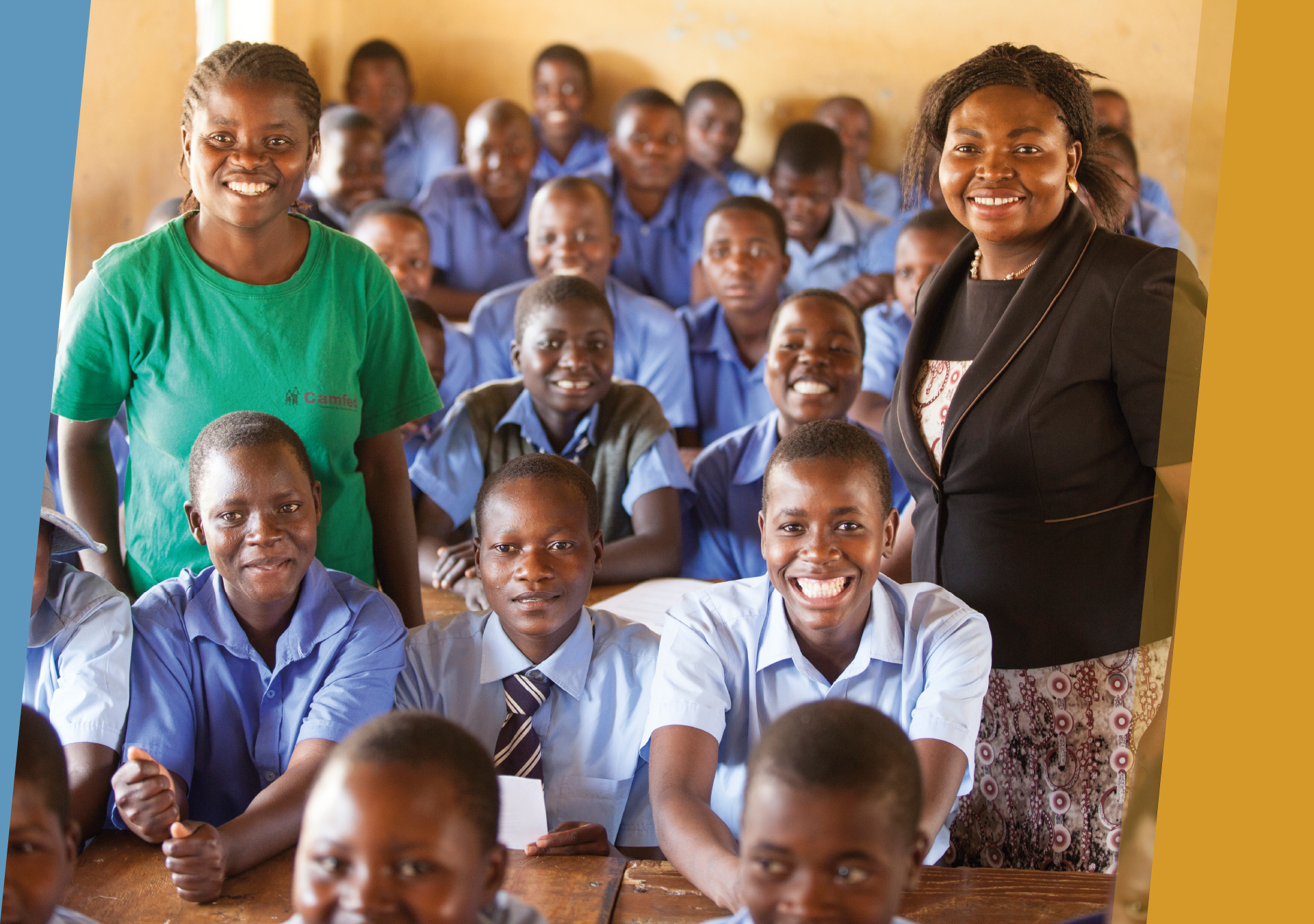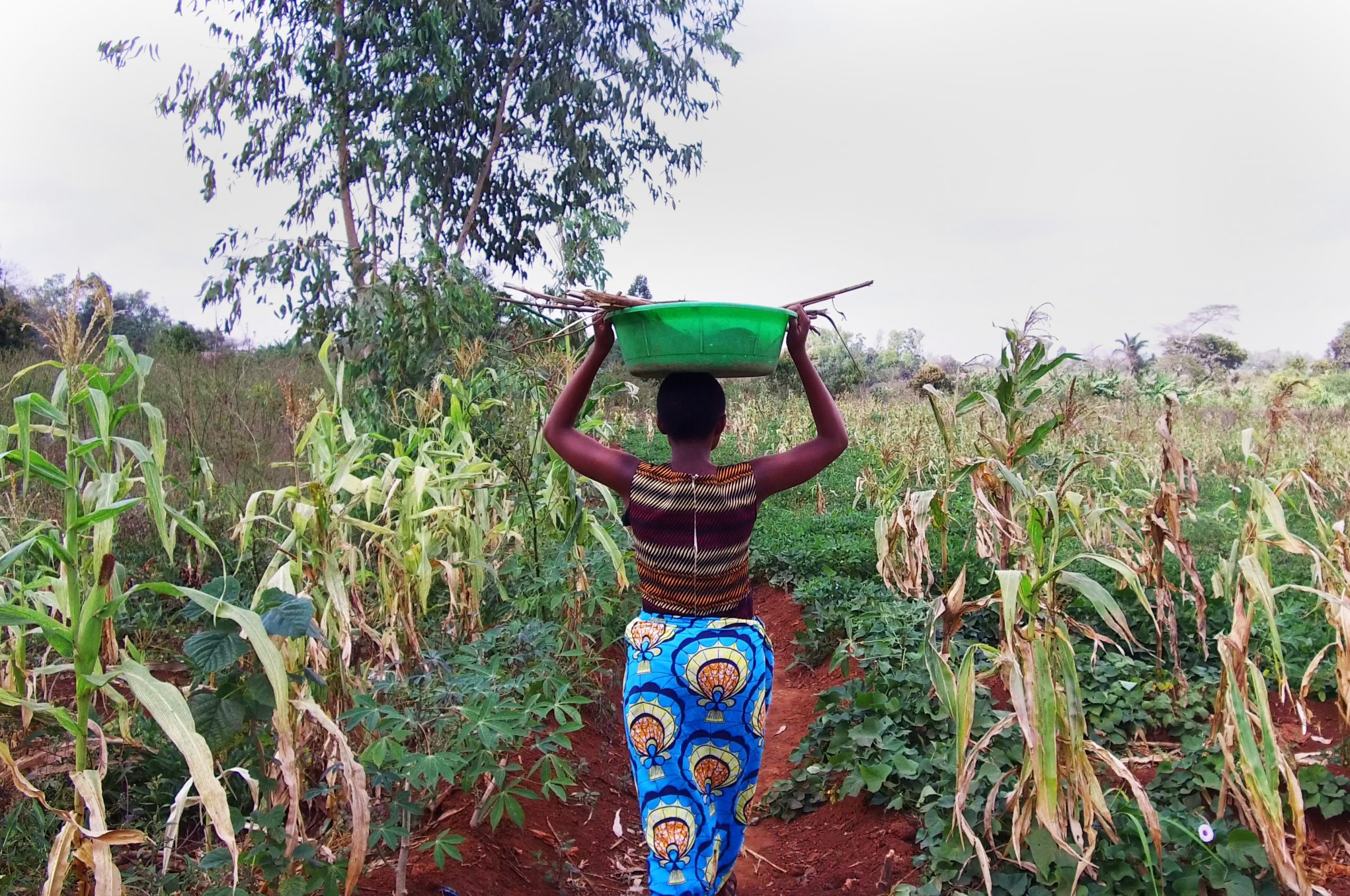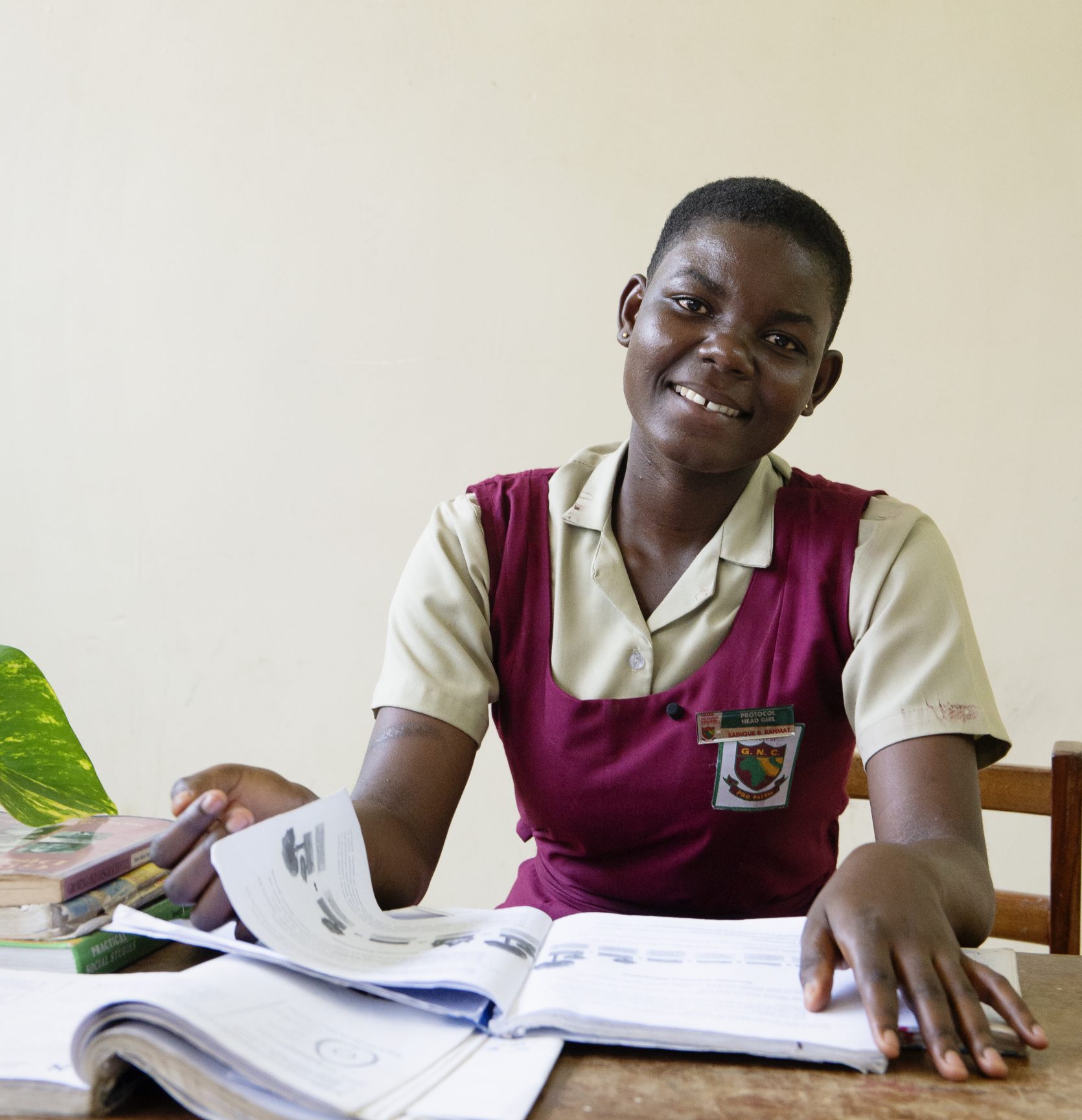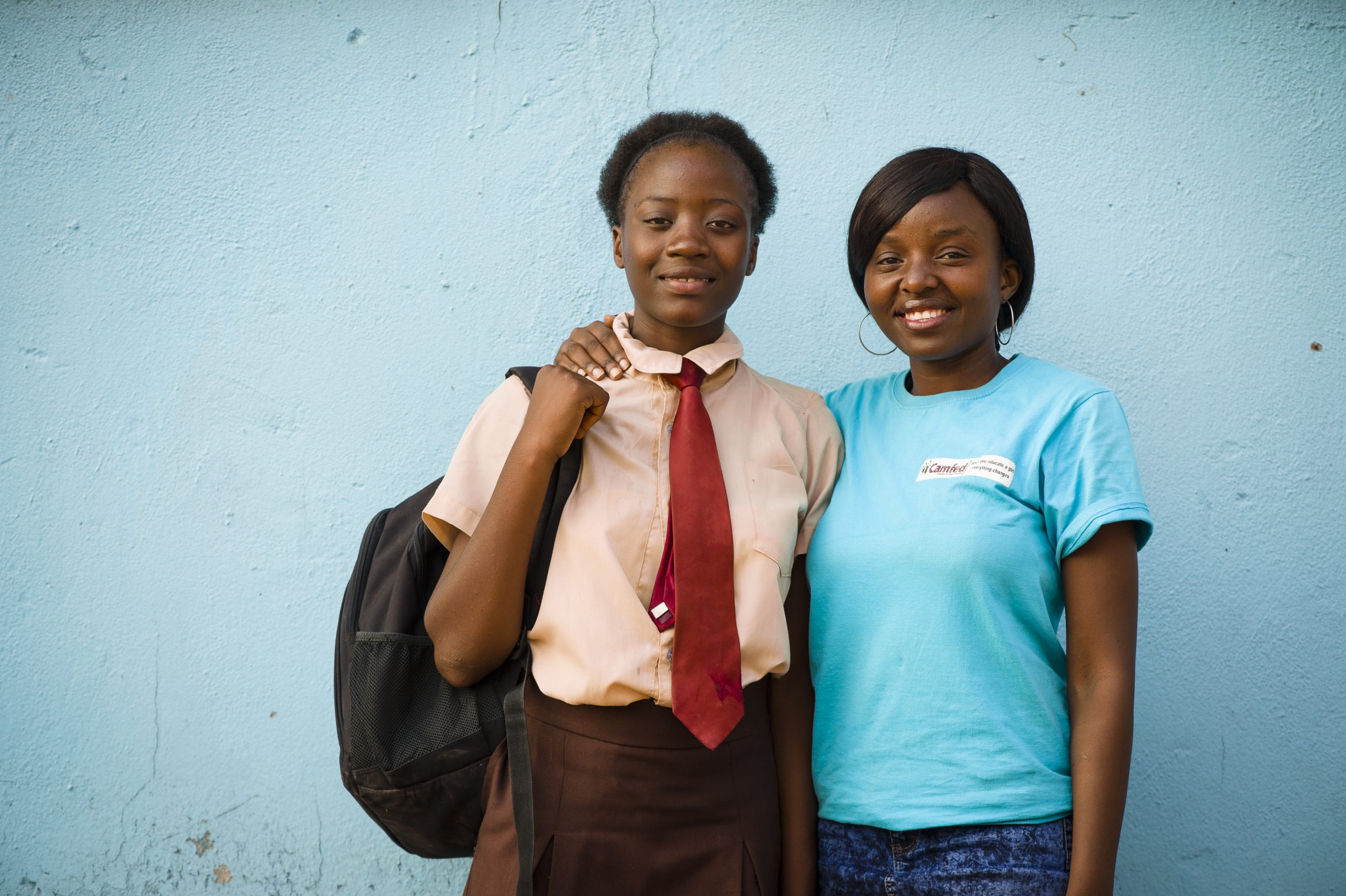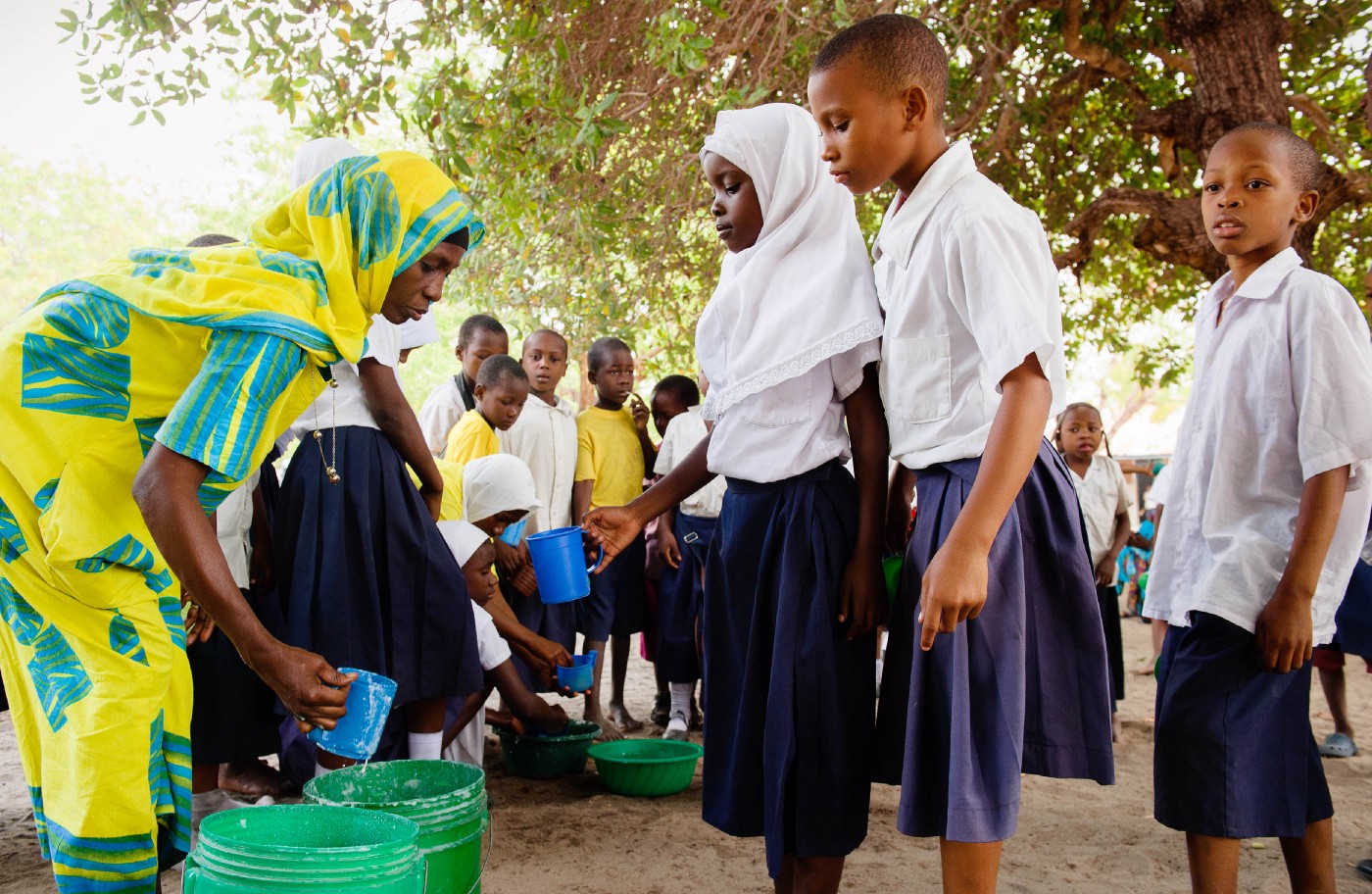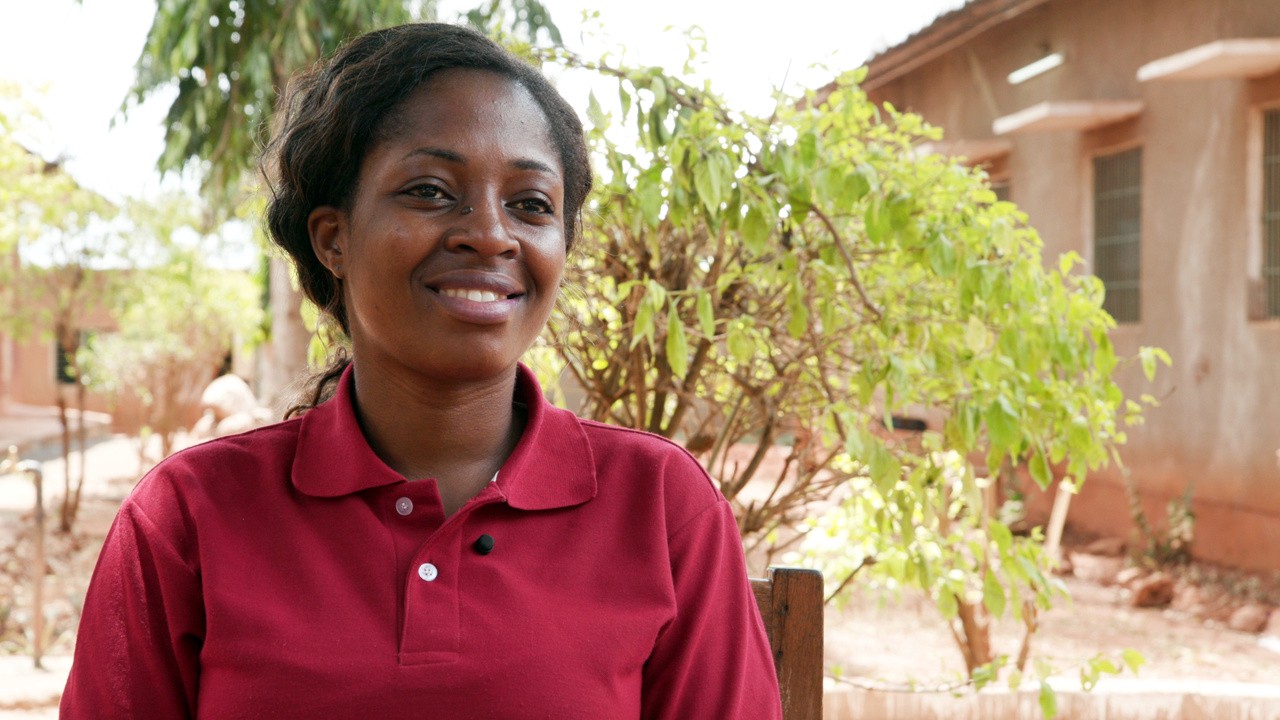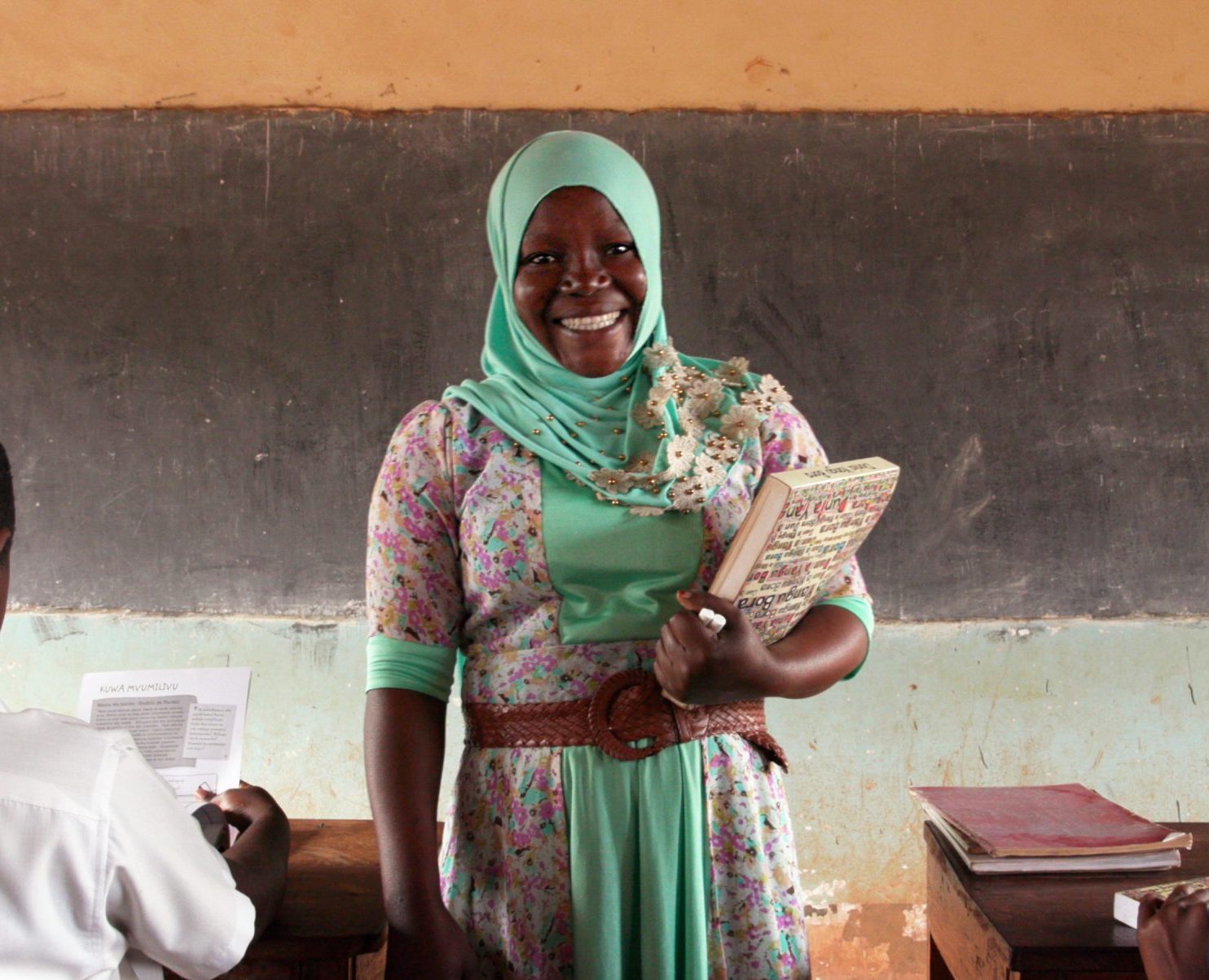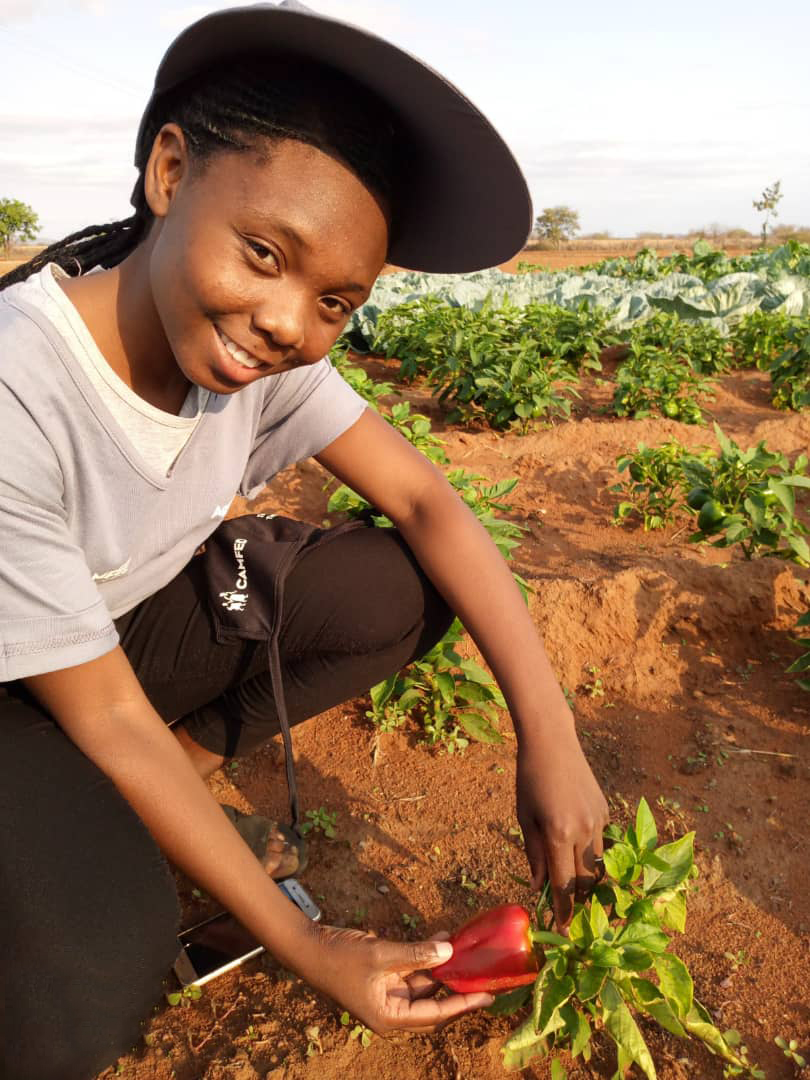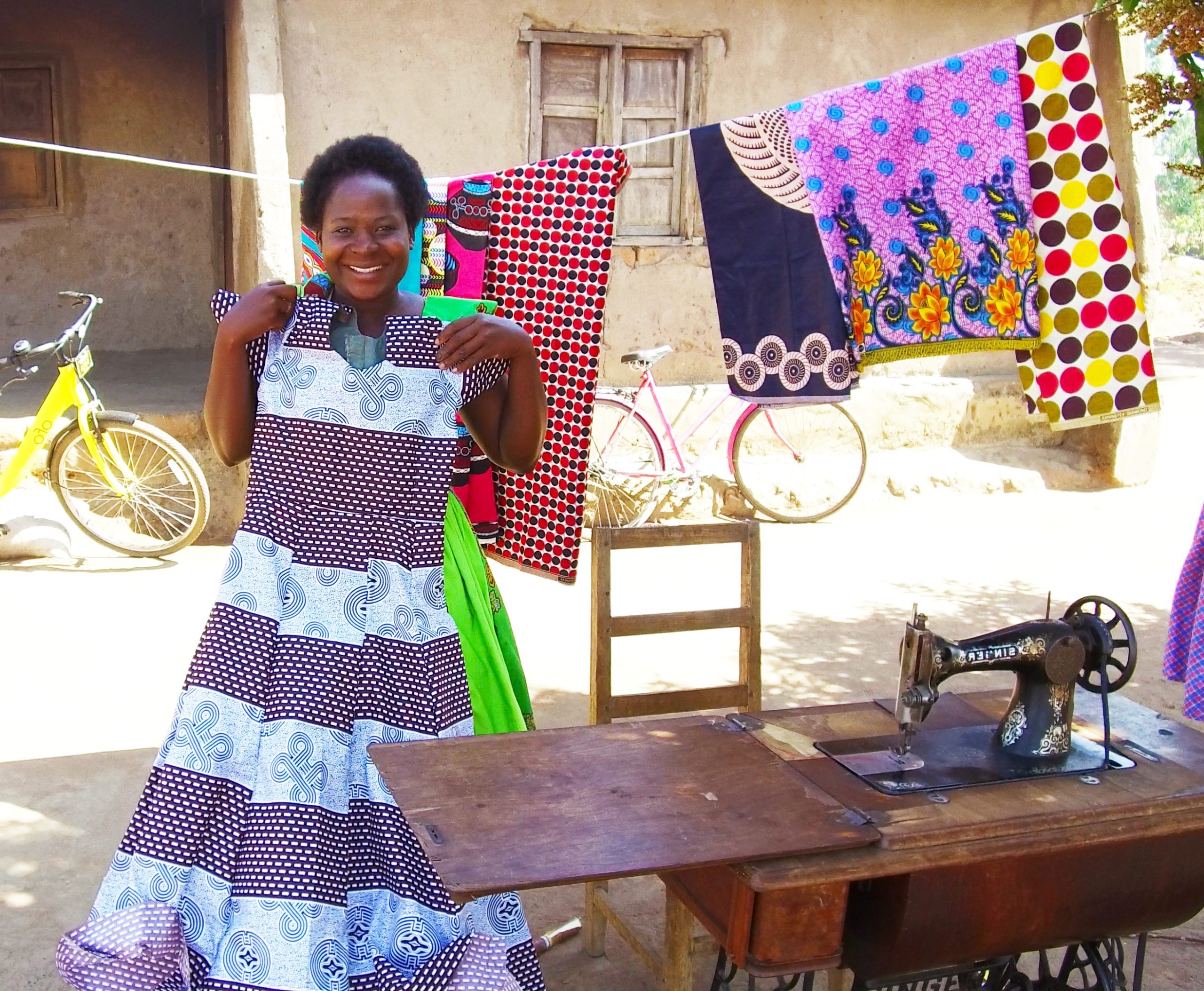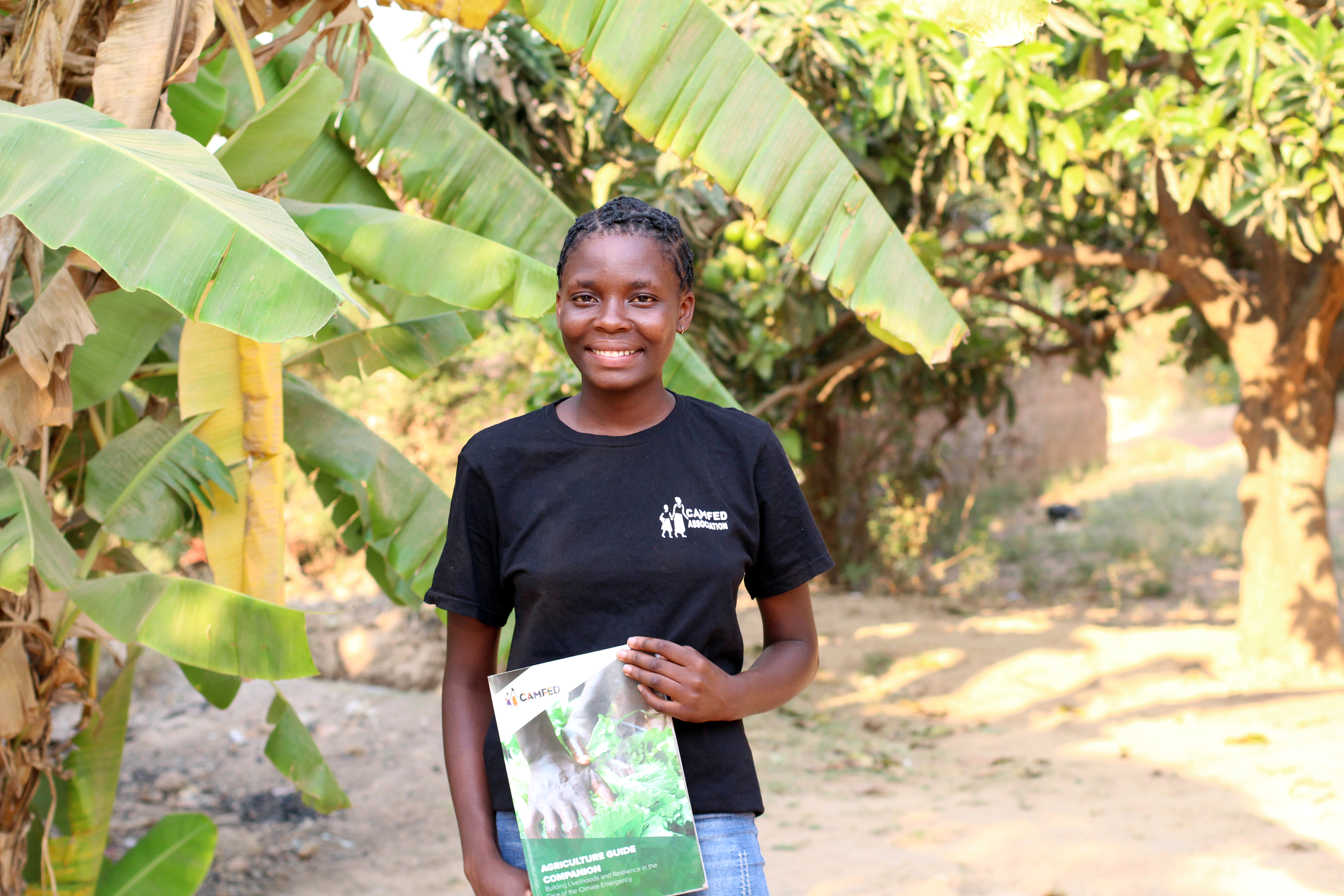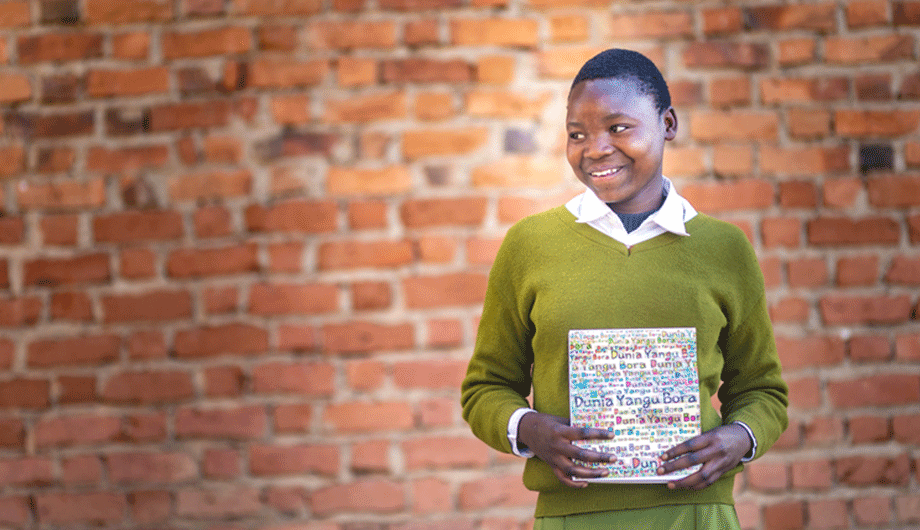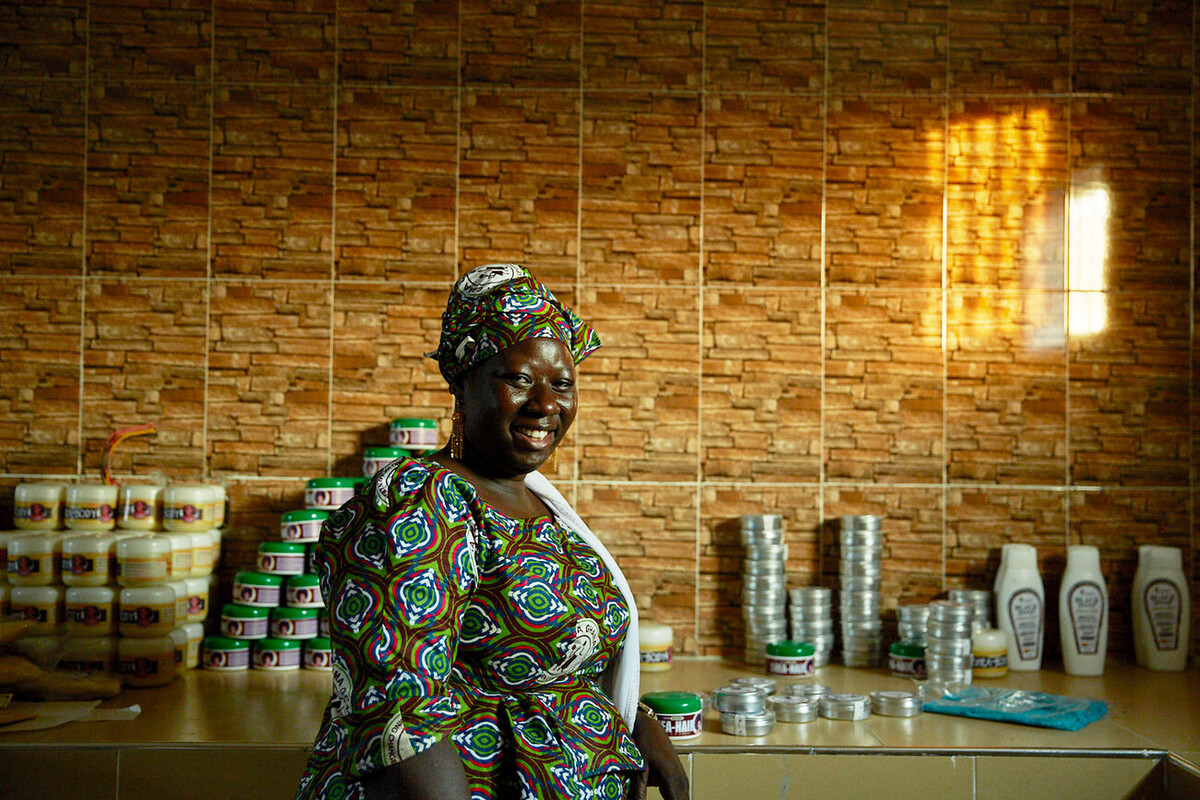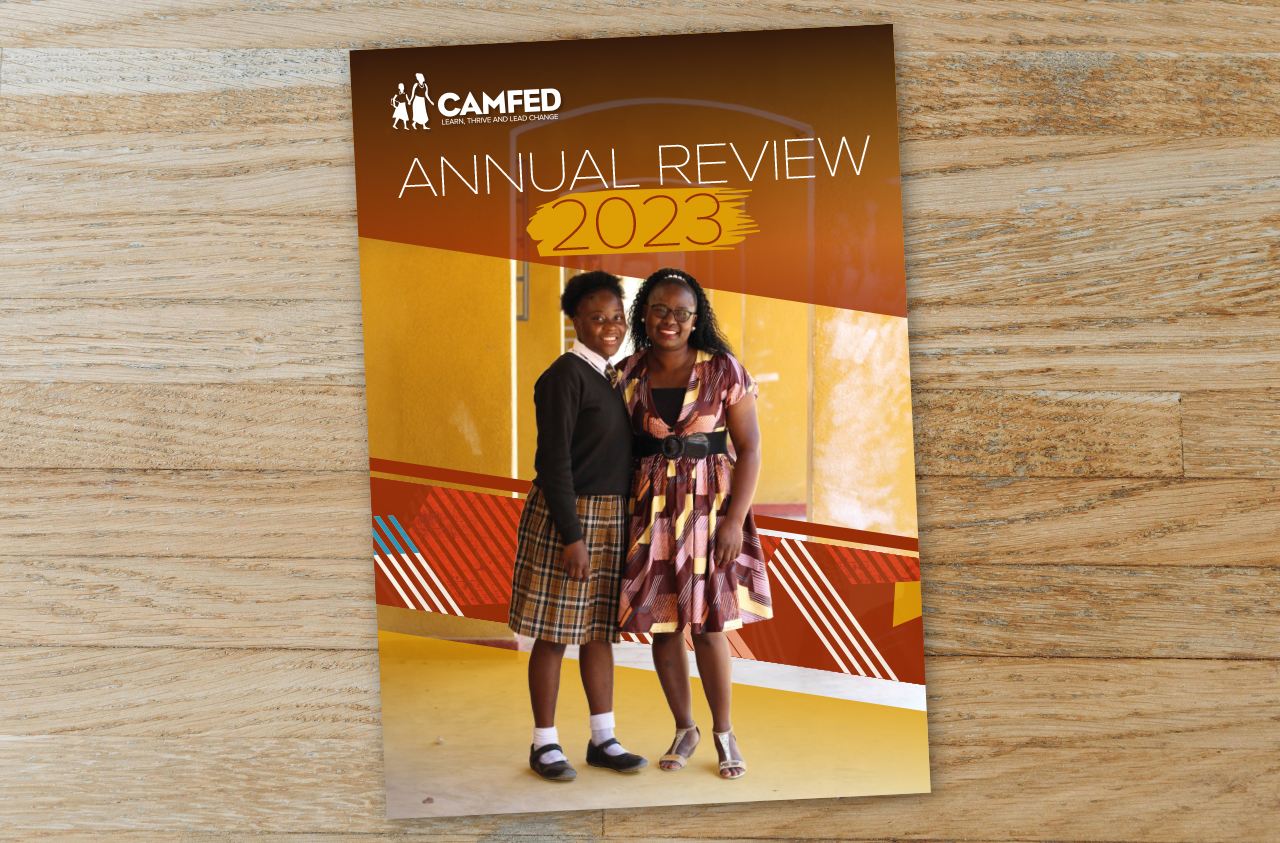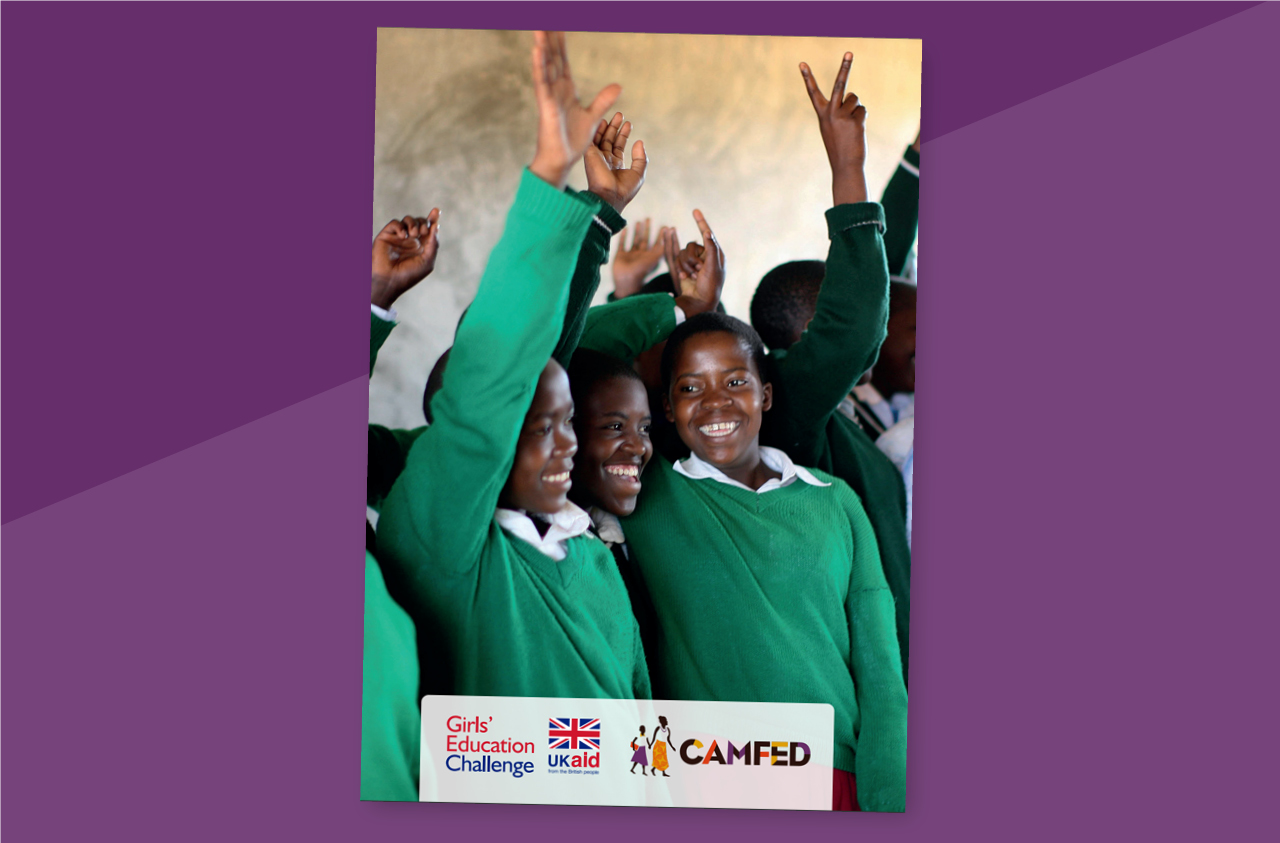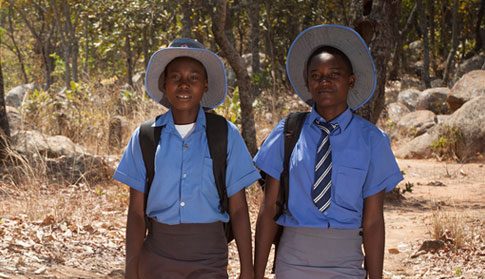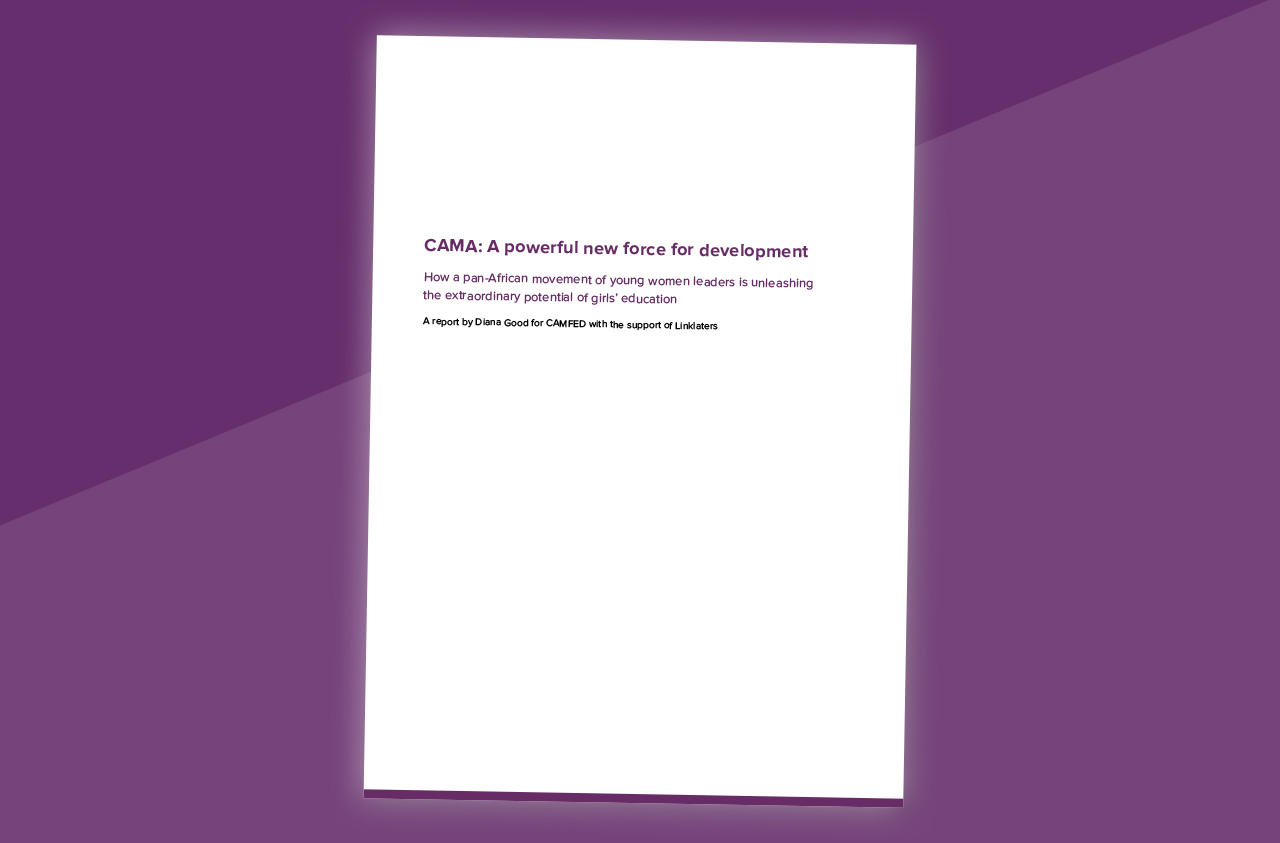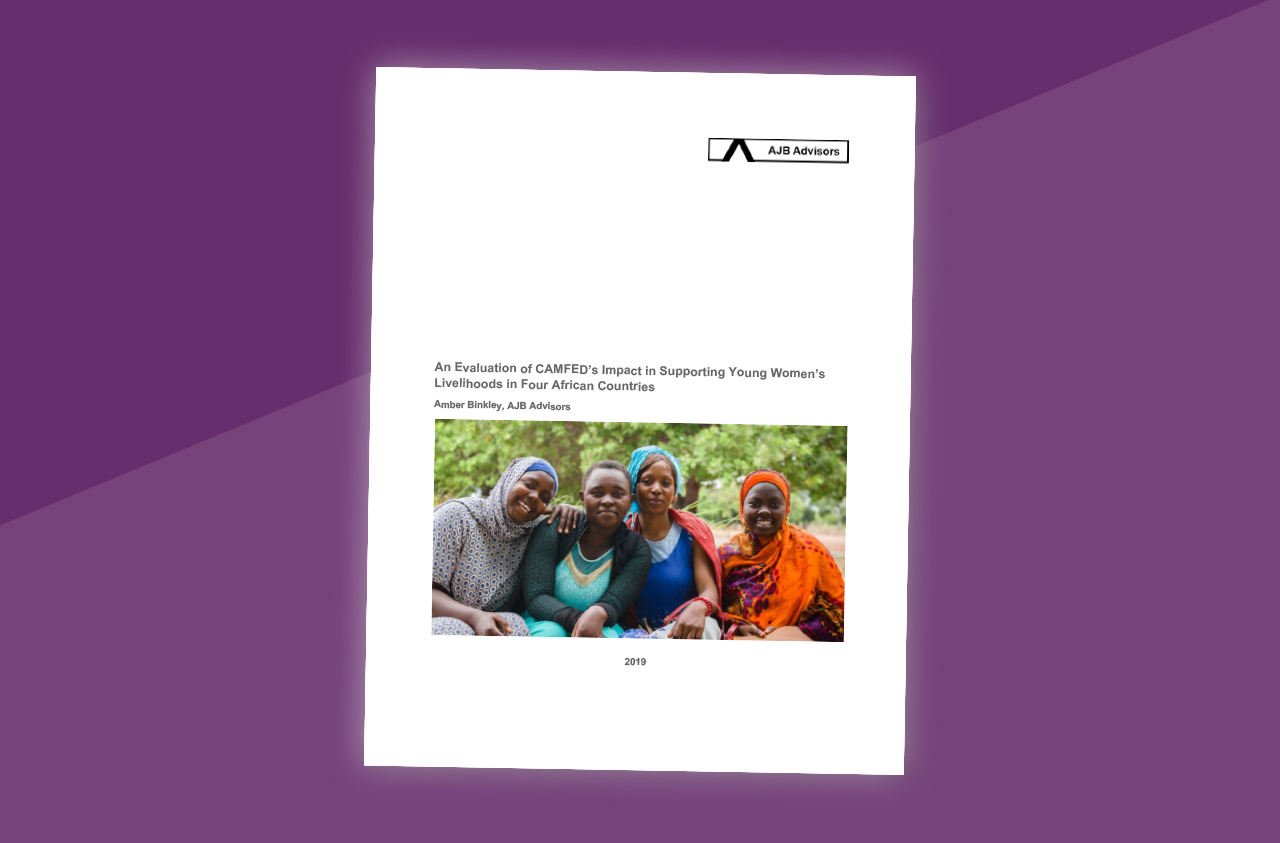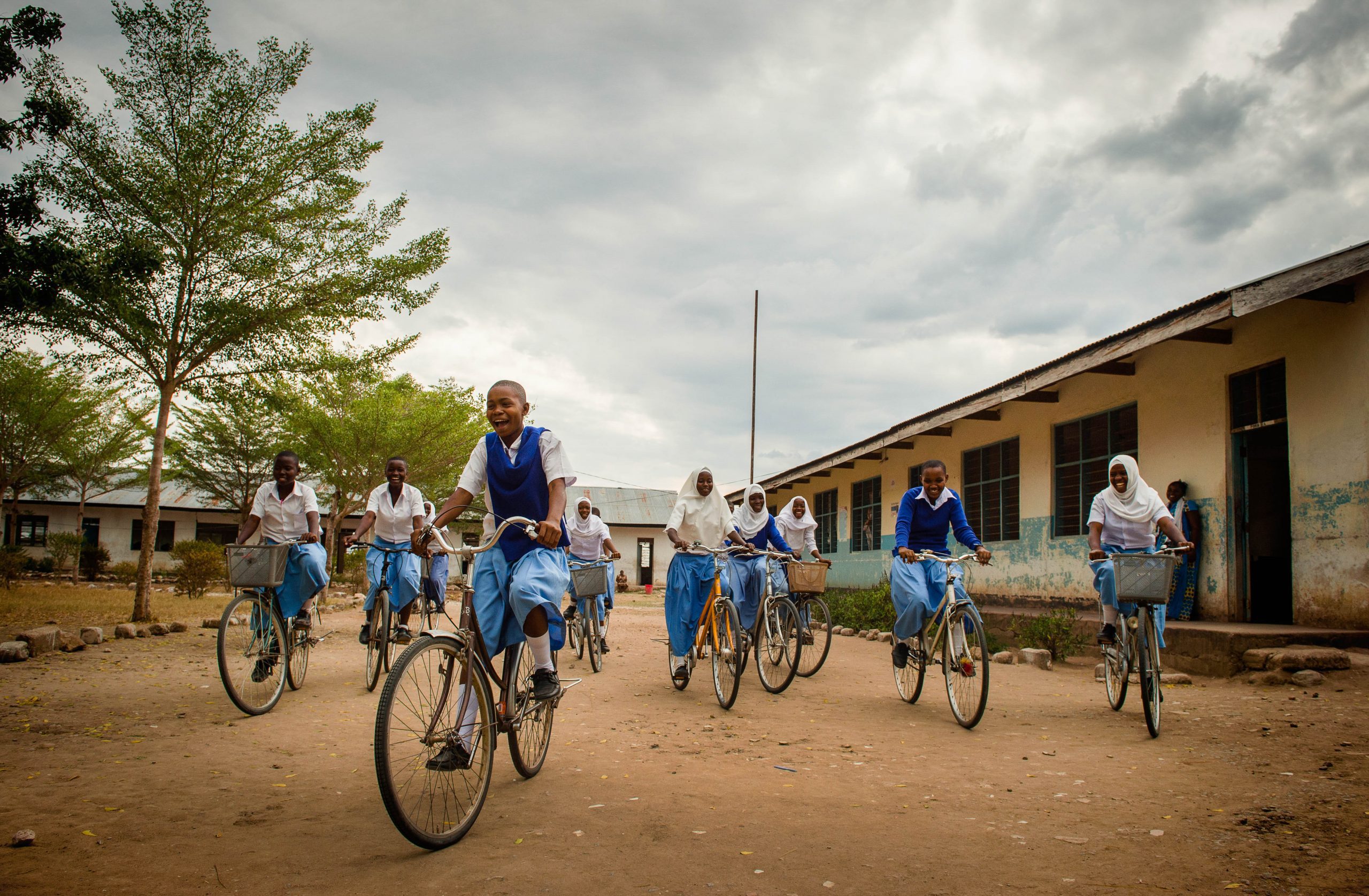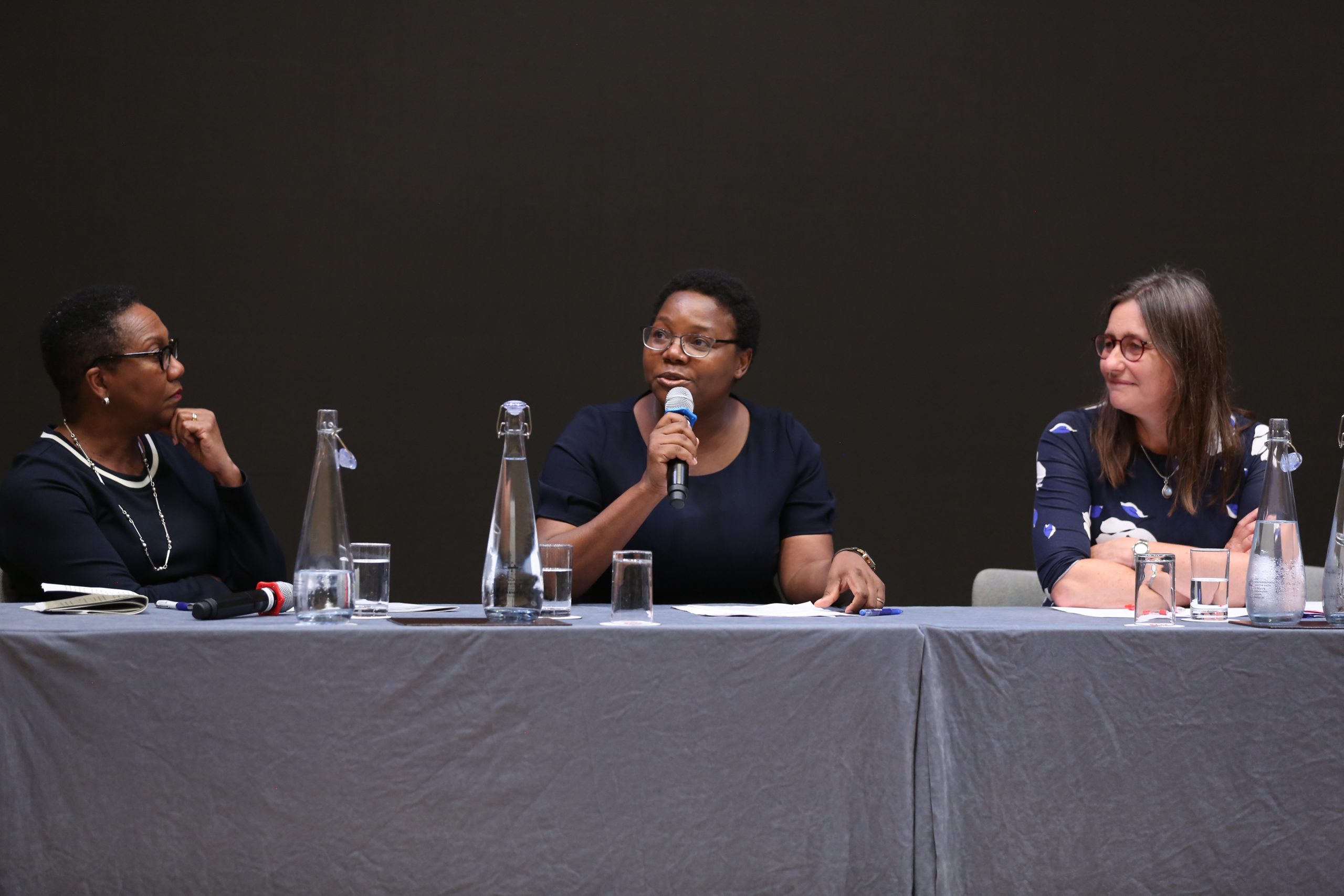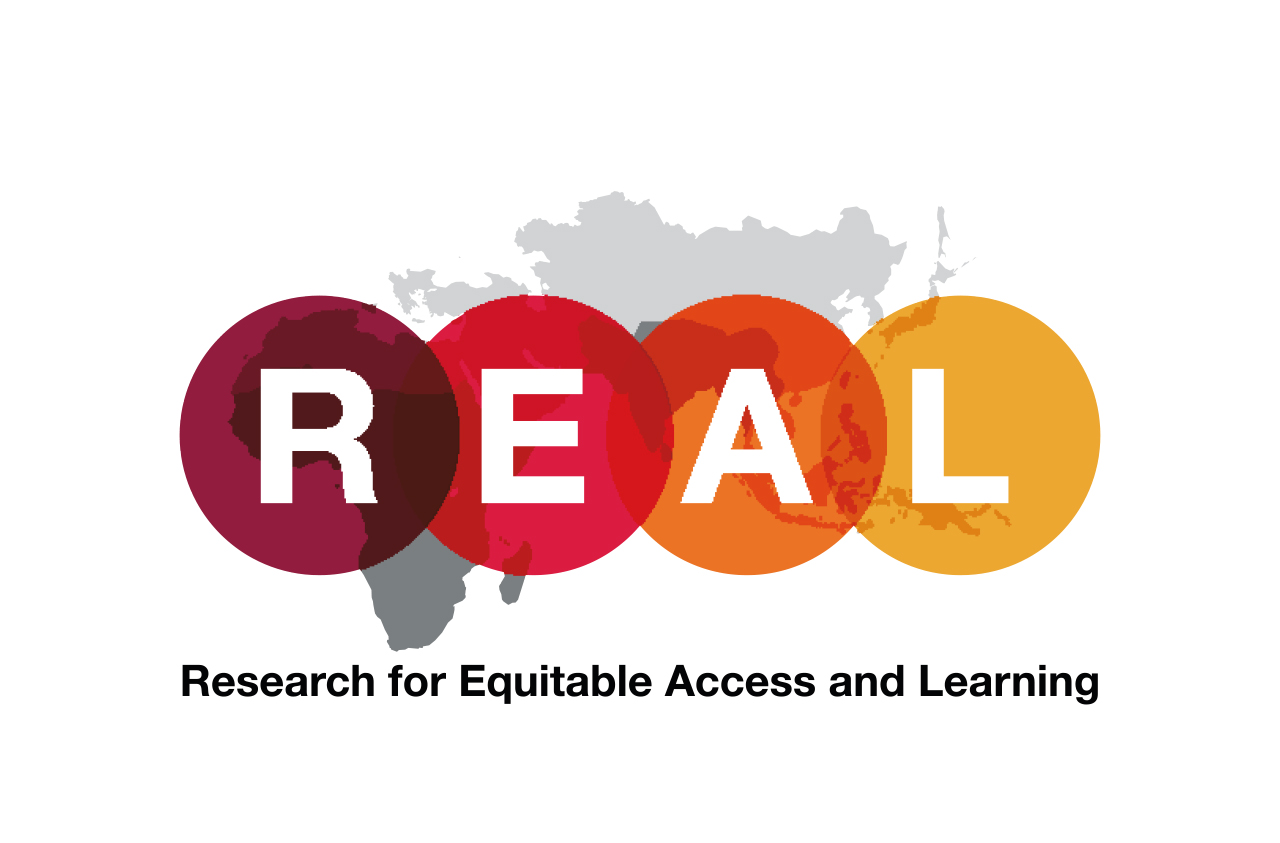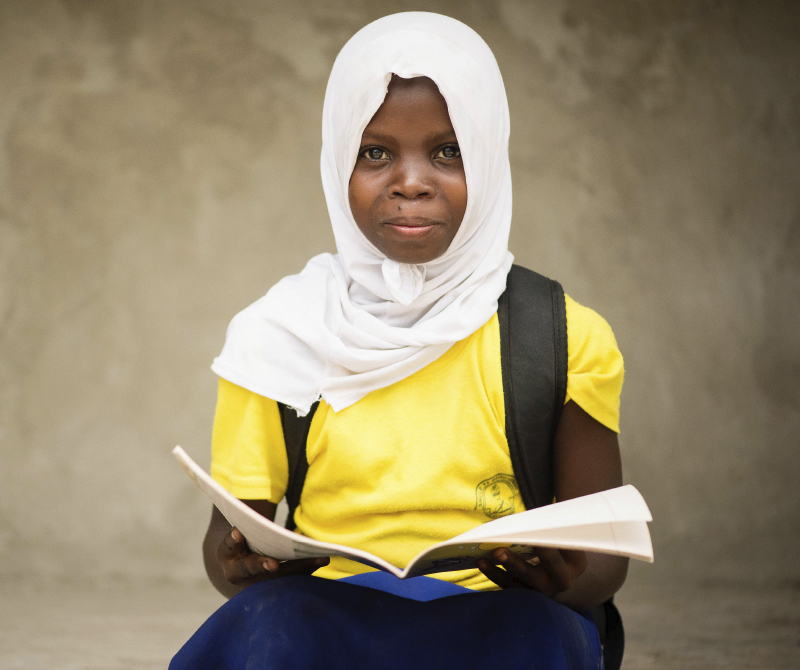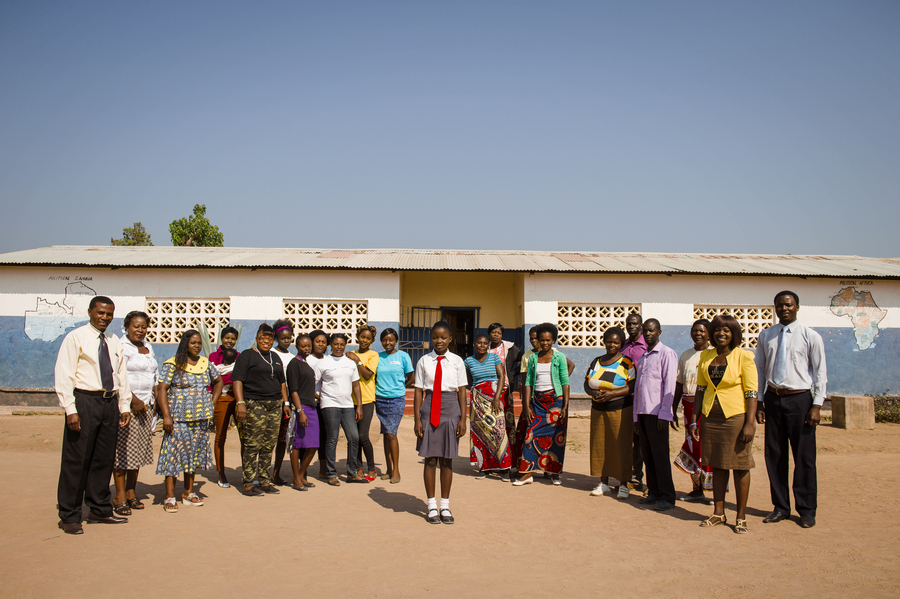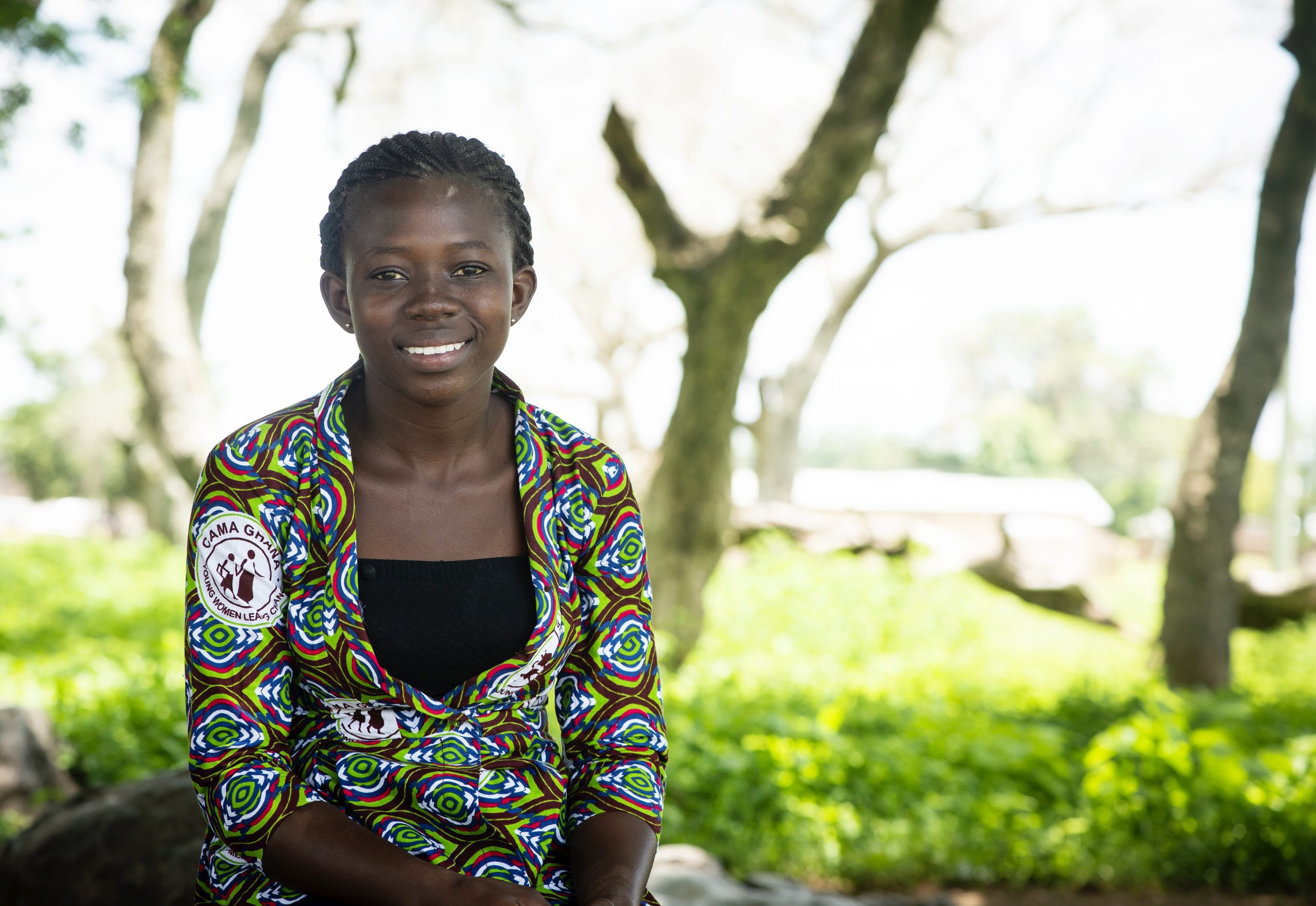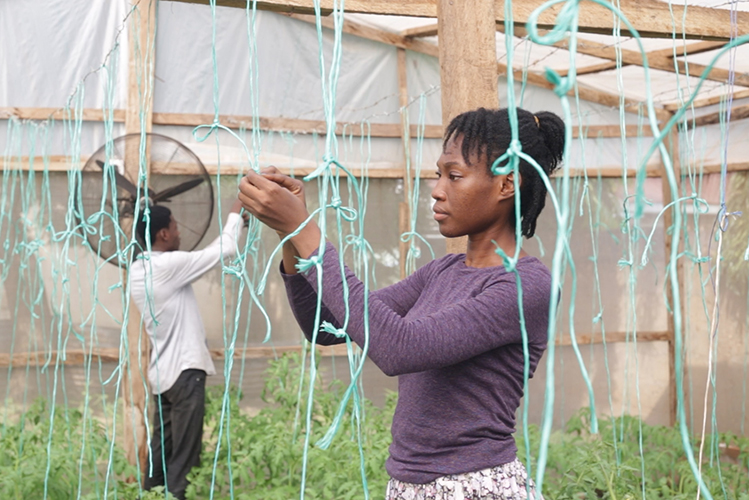Making transformative impact
CAMFED supports girls in government primary and secondary schools across Zimbabwe, Zambia, Ghana, Tanzania and Malawi to access school, succeed, and become leaders of change in their communities.
Our impact increases exponentially through the Association of young women educated with CAMFED’s support. Together, we multiply the number of girls in school, and accelerate their transition to livelihoods and leadership, including by taking climate action. And we bring the lived experience of the young people we serve to the policy table, partnering with researchers and governments to ensure the system works for the most disadvantaged.
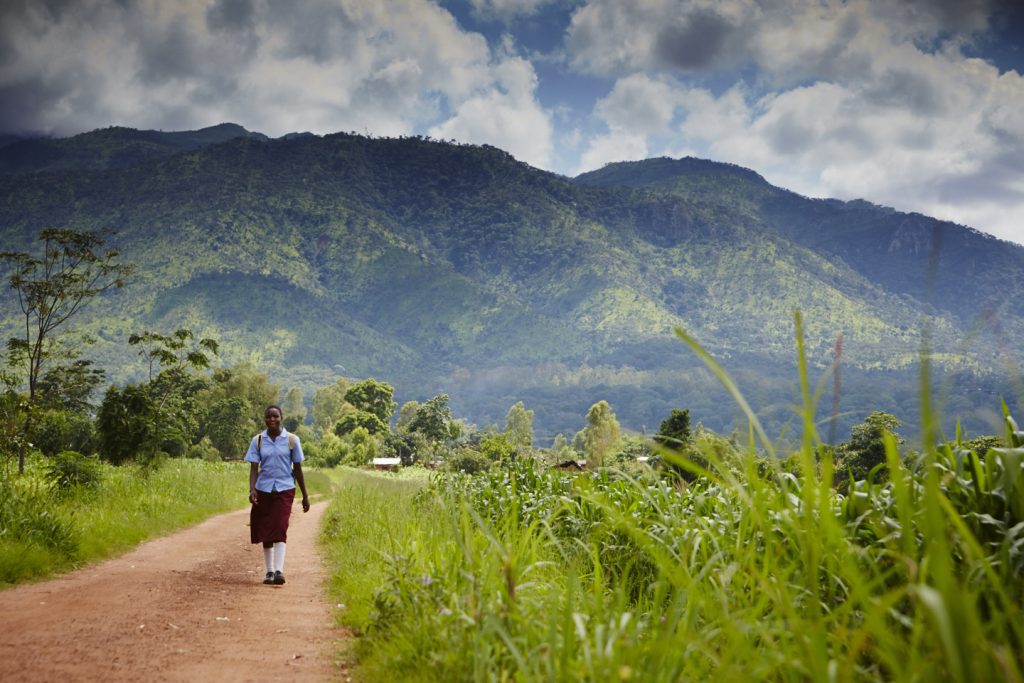
Our partner communities are among the most deprived in the region – far removed from hospitals, lacking public infrastructure, and often situated on the poorest land. They have the greatest levels of poverty within their countries, and suffer some of the highest rates of illness, including HIV/AIDS. They have extremely low literacy rates. Most people live a hand to mouth existence.
Schools in these communities are fewer in number, meaning children often have to walk very long distances to get to school, and have fewer teachers and less equipment.
Girls are particularly vulnerable in these circumstances, and their education has the most transformative impact
